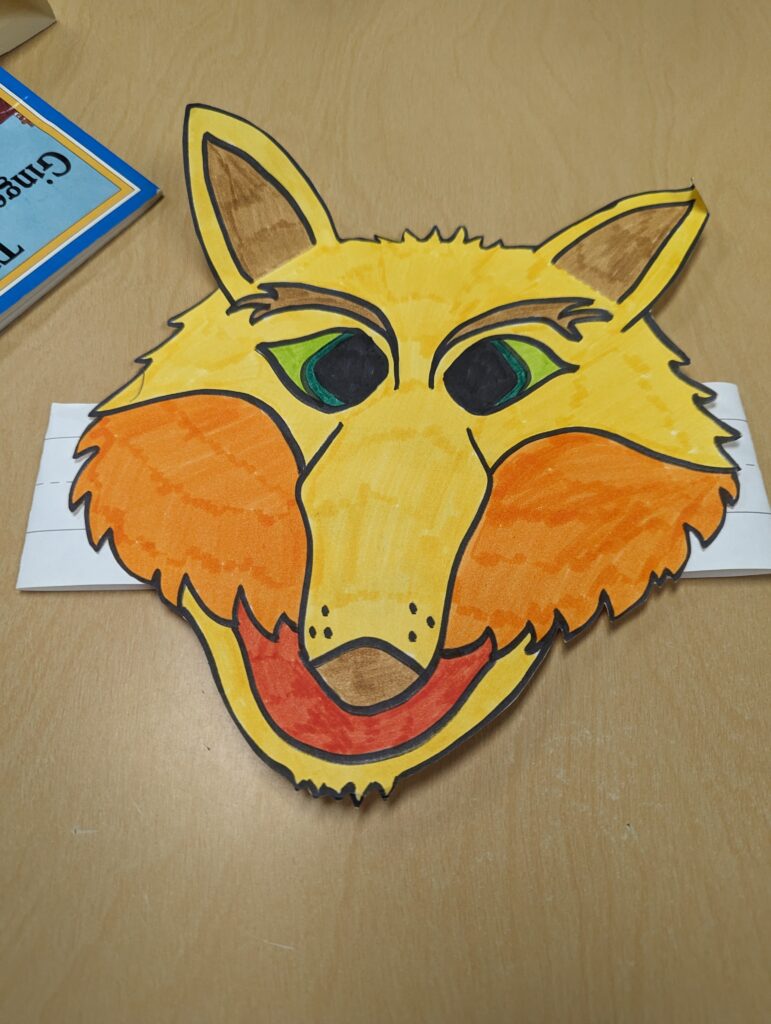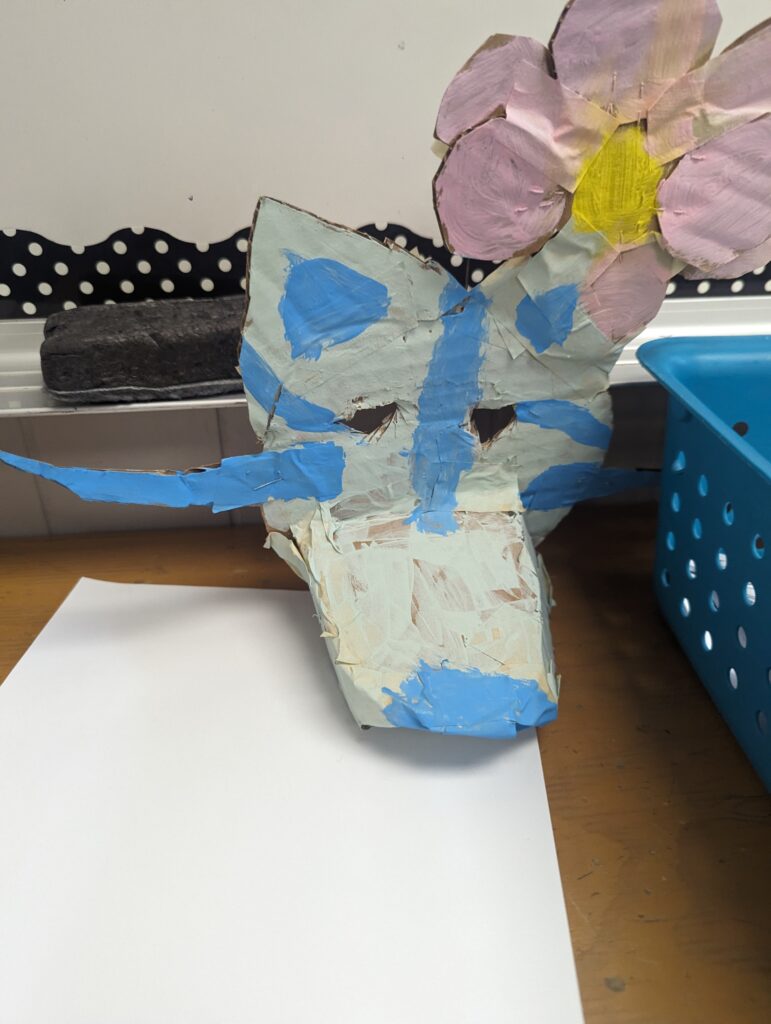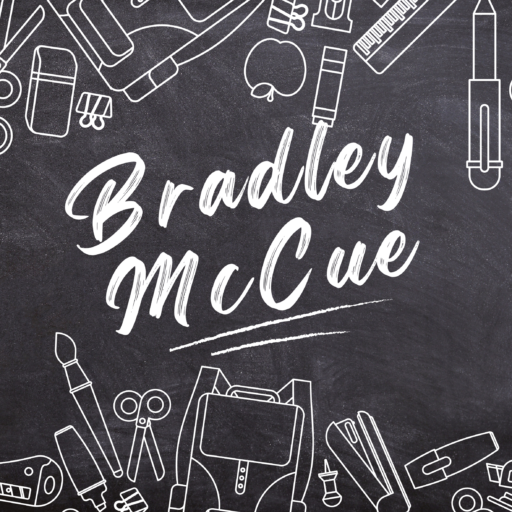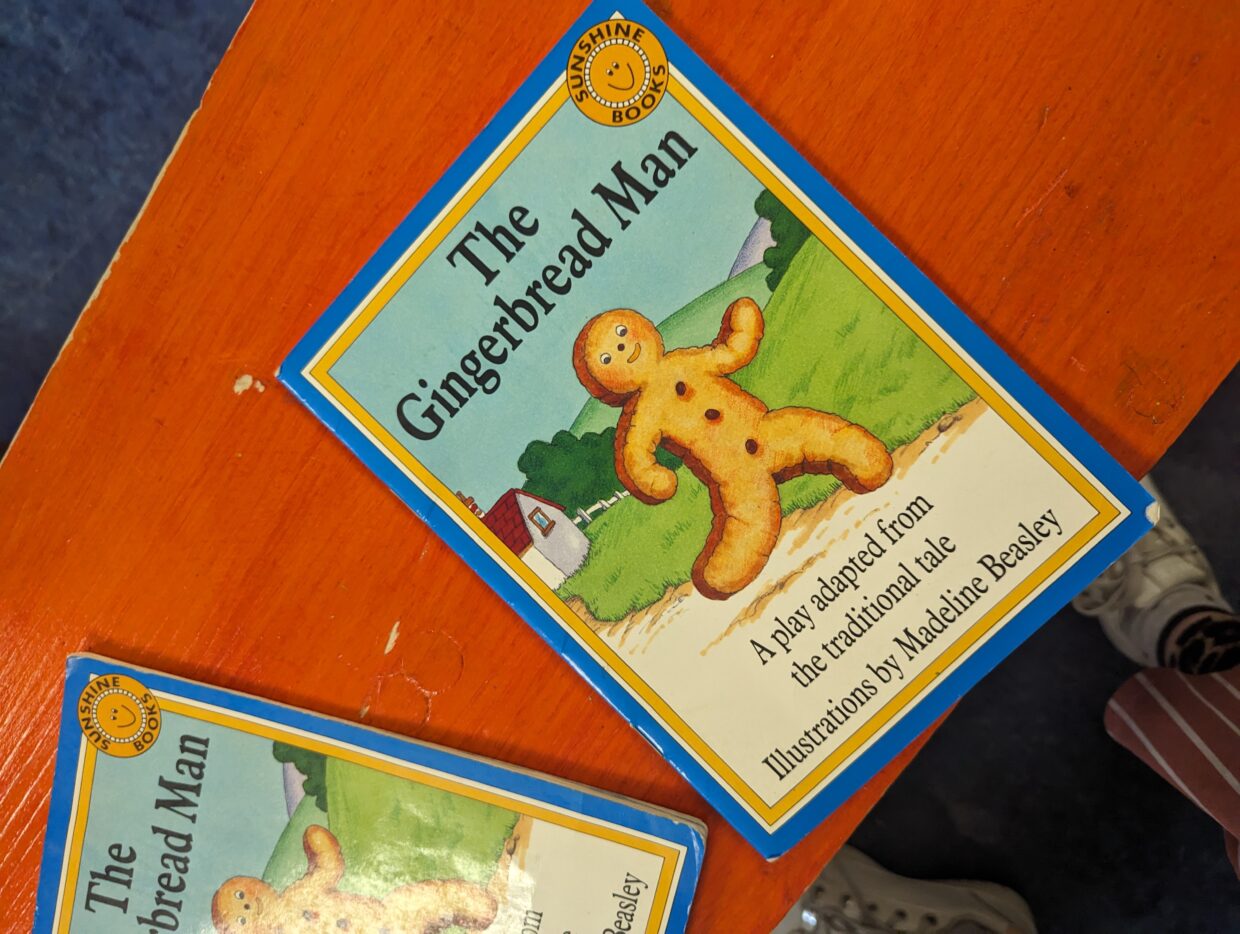This semester, I was able to take part in a grade 3 classroom’s Reader’s Theatre project. The students were given scripts that each group worked with and they even engaged by creating masks, props and costumes for specific roles. This was an amazing experience and the teacher involved was incredibly kind enough to allow myself and my peers to be involved in the actual process of Reader’s Theatre. Each of the three of us (Myself and my peers) were given a group that we would work with to strengthen their performance skills, but also assist in discovering new words and how to find the pronunciation and meaning of those words. As a huge drama nerd, I was absolutely ecstatic.

My group of students were assigned the book “The Gingerbread Man”, which is of course the classic story about a family who, after having baked a gingerbread man, all desperately wish to eat it, but the gingerbread man keeps running away. Given the structure of the story, it gives the instructor the opportunity to have a variety of characters, including a gingerbread man, grandma, grandpa, a fox and a handful of smaller roles. This gave each student in the group the opportunity to explore the elements of the story both during their prescribed time to shine and their peers’ inflection and understanding of the story. My group was an absolute blast and this experience gave me the first-hand experience of figuring out how to decipher certain words and how to speak to their meaning.

Through an exercise like this, you can see clearly that the students are not only engaging with reading, but they are engaging with it a contextual level. They are not just figuring out the words and reciting them, they must also understand the context of the story and the purpose behind each word they say out loud. For instance, it is imperative that the students understand what the words “sly” and “hungry” mean in order for them to understand the motives of the fox. Thinking about all of this, there are an insane amount of curricular connections that can be made. This links to the BC Curriculum in language arts 3, showcasing the elements of a story, practicing oral language strategies, sentence structure and functions of stories. Not only this, but there is also curricular connections to Arts Education through drama, which many people know is my absolute favourite subject. What an amazing experience.

Through this experience, I certainly learned that learning takes patience and time as the students needed a lot of guidance, but I was thrilled to be given the opportunity to provide that guidance and give the students a positive experience both in a drama related activity, as well as a literacy based activity.

